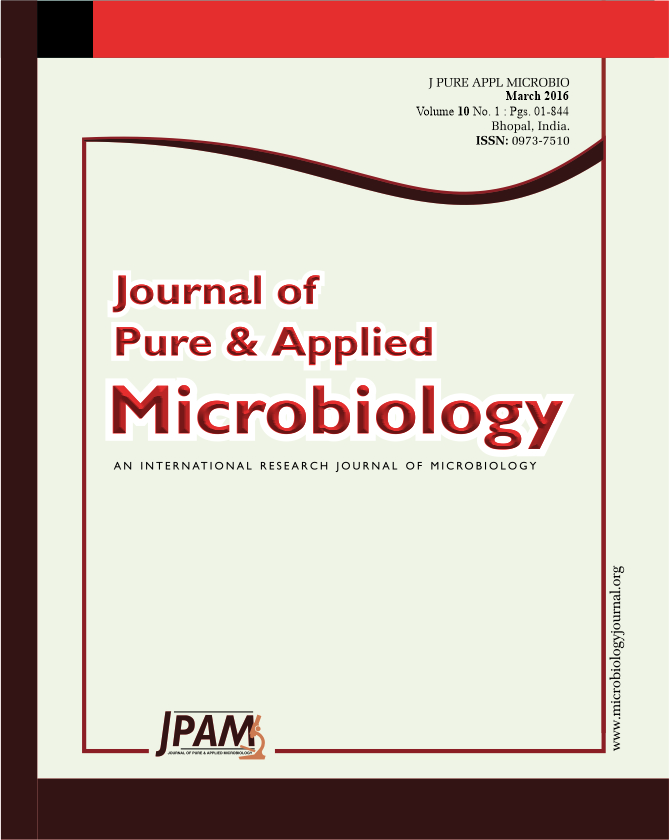Bovine group A Rotavirus (RVA) is considered the major cause of diarrhea in neonatal calves. Use of peptides in diagnostics offers several advantages. In this study, we predicted regions within VP6 protein of bovine RVA showing high antigenic index using Bioinformatics tools and correspondingly synthesized linear peptides over Wang resin. Reactivity of individual peptides with anti-RVA polyclonal sera identified two immune-reactive epitopes, spanning 112-134aa and 125-149aa regions within the VP6 protein. Multiple antigenic peptides constructed from these regions could serve as a potential tool for the development of diagnostics and prophylactics.
Diarrhea; Bovine Rotaviruses; Immuno-dominant epitopes; Peptides.
© The Author(s) 2016. Open Access. This article is distributed under the terms of the Creative Commons Attribution 4.0 International License which permits unrestricted use, sharing, distribution, and reproduction in any medium, provided you give appropriate credit to the original author(s) and the source, provide a link to the Creative Commons license, and indicate if changes were made.


